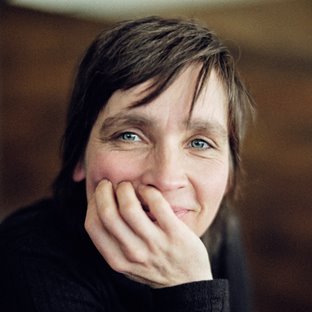Note: from academic year 2025/2026 on, this study programme is named Film instead of Audiovisual Media.
When is Film the right programme for you?
The bachelor’s programme Film is the choice for you if you are passionate about film and loooking for a broad training with high-quality content. You want to tell stories that matter, experiment with visuals and content, and learn how you can express your ideas in a compelling way.
We educate film professionals who use their vision, persuasive power and integrity to create films that are innovative, relevant and pushing the envelope in terms of style and content. We strongly focus on the various forms of cooperation and respecting other’s boundaties and qualities.
Does the following description description apply to you?
- You are passionate about telling stories through film, and you’re bursting with ideas.
- You like to experiment with film techniques and narrative structures.
- You have an open view and a broad interest in culture and society.
- You have an explicit viewpoint on certain aspects of society.
- You are a good team player, a strong communicator and are open to feedback.
If so, we would like to meet you!
This programme is in Dutch only!
Please only apply if you are able to read and write Dutch. To see all details, please see the Dutch language version of this page.
Go to Dutch page
